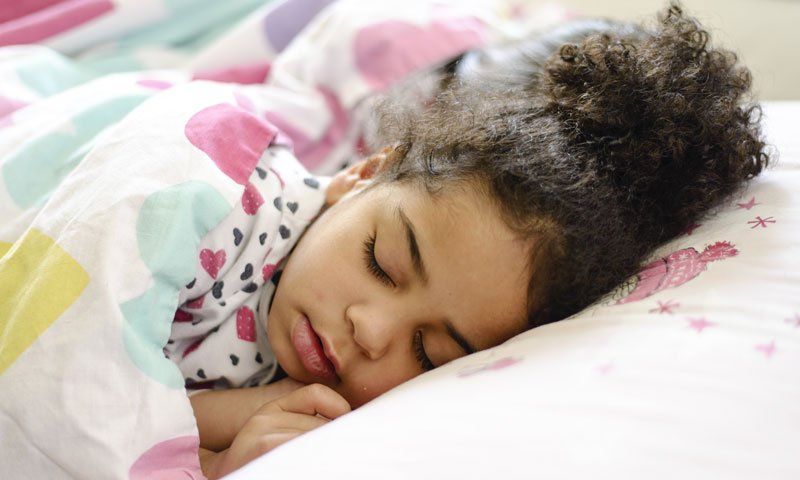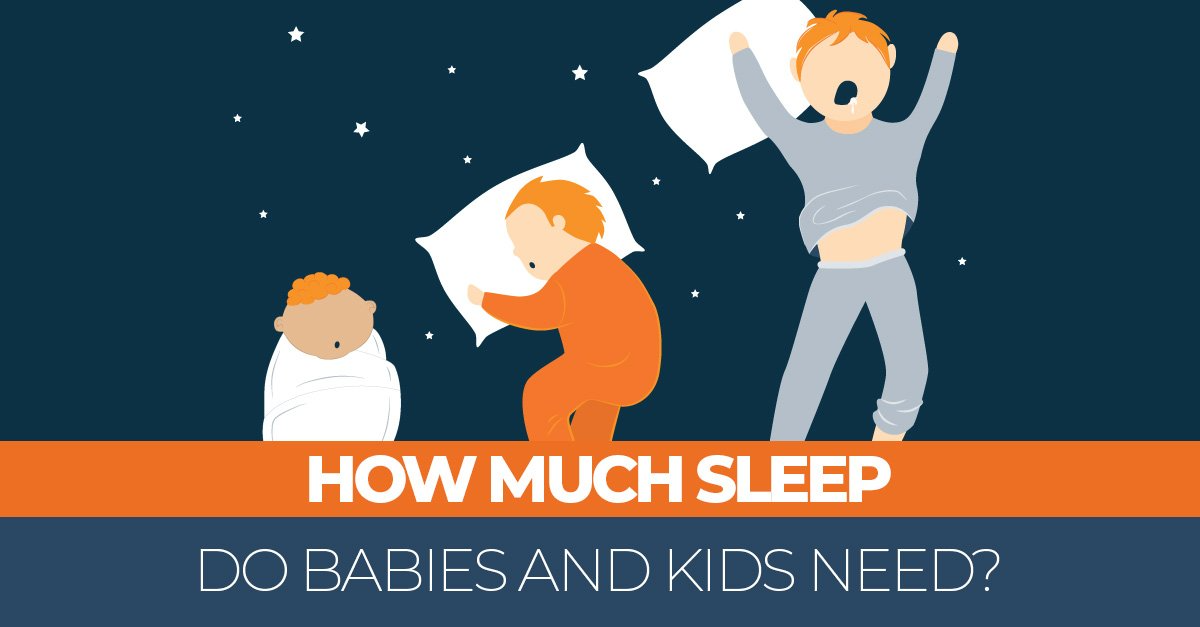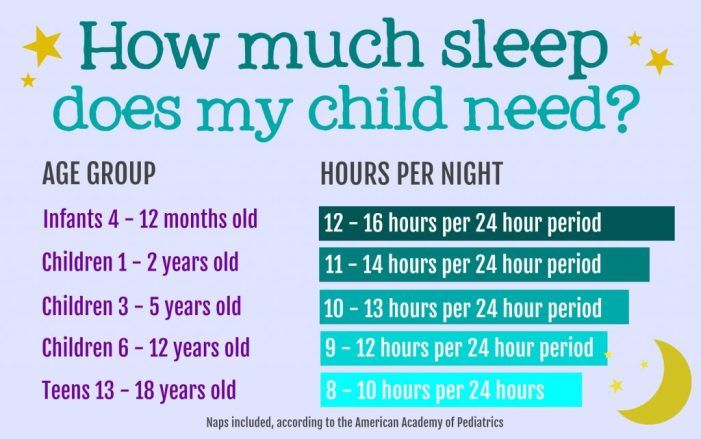Eden Prairie Montessori Learning Blogs
10 Tips to Help Your Child Get a Good Night's Sleep
Getting enough sleep is one of the most important things you can do for your health and well being.

Studies have shown that kids who regularly get an adequate amount of sleep have improved attention, behavior, learning, memory, and overall mental and physical health.
Today we will explore what you can do to improve your child’s sleep!
We start by determining how much sleep children need….

Do you ever wonder if your kids are sleeping enough? How much sleep should kids get?
It depends on their age and their stage of development, according to guidelines from the National Sleep Foundation:
- Infants under 1 year: 12-16 hours
- Children 1-2 years old: 11-14 hours
- Children 3-5 years old: 10-13 hours
- Children 6-12 years old: 9-12 hours
- Teenagers 13-18 years old: 8-10 hours
These ranges are for total sleep including at night and during naps. Parents can benefit from using these guidelines as a target while recognizing that a healthy amount of sleep may vary among children or from day to day; an hour more or less may be appropriate for some children.

Healthy sleep is critical in promoting children's growth and development.
Here are Eden Prairie Montessori’s 10 Tips to Help Your Kids Get a Good Night’s Sleep…
1 Start the bedtime routine earlier.
Winding down plays a big part in getting a restful sleep. None of us can go right from a physically or mentally intense activity right to sleep. If bedtime is 8:00 pm, that means that your child should start winding down between 7 and 7:30 so that they are ready to actually fall asleep at 8. Dim the lights an hour before bedtime if possible.
2 Develop a calming bedtime routine
Choose quiet and soothing activities such as giving your child a warm bath or reading a bedtime story together. It helps to follow a predictable sequence of events: Have your child brush their teeth, wash their face and put on their pajamas
3 Turn off devices at least 1 hour before bed
The blue light emitted from phone, TV and computer screens can wake up the brain and make it harder to fall asleep.
4 Have a regular sleep and waking up times
It throws our bodies off when our sleep schedules change; we do much better when they stay the same. Establish a set sleep and wake up time – and stick with it - even on the weekends!
5 Avoid caffeine and sugar in the afternoons/evenings
Not only can these stimulants prevent falling asleep, they can also lead to shallow sleep or frequent awakenings.

6 Enjoy physical activity and sunshine during the day
Having physical exercise as part of the day often helps with sleep time many hours later. Encourage your child to get as much natural light as possible during the day, especially in the morning. Bright light suppresses melatonin. This helps your child feel awake and alert during the day and sleepy towards bedtime.
7 Avoid spending lots of non-sleep time in bed
Spending hours lying on a bed doing other activities before bedtime.
8 Create a perfect sleeping environment
Keep your child’s bedroom comfortable, dark, quiet and a cool temperature. If they are afraid of the dark a dim night light is a great option.
9 Night time check-ins should be “brief and boring.”
The purpose is to reassure your child you are present and that they are OK. If your child wakes up during the night, walk them back to their room with as little commotion as possible.
10 Make sure your child feels safe at night
If your child feels scared about going to bed or being in the dark it can help to encourage and praise them whenever they’re brave. Some children with bedtime fears feel better when they have a night light or security item to comfort them such as a teddy bear or special blanket.
What should parents do if none of this works?
If your child is having daytime sleepiness or behavior difficulties that you think might be linked to lack of sleep, we recommend checking with your pediatrician.










